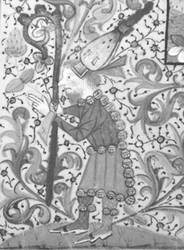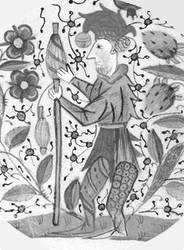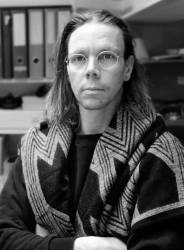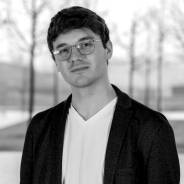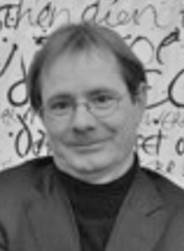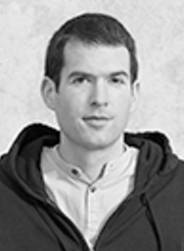Editorinnen & Editoren
DER LIVING BOOKS ABOUT HISTORY
Tara L. Andrews is Assistant Professor of Digital Humanities at the University of Bern.
Silvia Berger Ziauddin ist Professorin für Schweizer und Neueste Allgemeine Geschichte am Historischen Institut der Universität Bern.
Martine Clouzot is Professor of medieval history at the University of Burgundy (France).
Juliette De Maeyer is Associate Professor in the Department of Communication at the Université de Montréal.
Marie-José Gasse-Grandjean is a Research Engineer at the Centre National de Recherche Scientifique, University of Burgundy (France).
Anthony Glinoer holds the Canada Research Chair in the History of Publishing and the Sociology of Literature and is a professor at the Université de Sherbrooke (Québec).
Leo Grob ist Postdoktorand am Historischen Institut der Universität Bern.
Matthias Höfer is a PhD researcher at the Centre for Contemporary and Digital History (C²DH) at the University of Luxembourg.
Almut Höfert ist SNF-Förderprofessorin am Historischen Seminar in Zürich für transkulturelle Geschichte des arabischen und lateinischen Mittelalters.
Aleksandra Kaminska is Associate Professor in the Department of Communication at the Université de Montréal.
Guido Koller arbeitet beim Dienst Historische Analysen des Schweizerischen Bundesarchivs.
Martin Lengwiler is Professor for Modern History at the University of Basel.
Carmen Noguera is a PhD researcher at the Centre for Contemporary and Digital History (C²DH) at the University of Luxembourg.
Valérie Schafer has been a Professor in Contemporary European History at the C²DH (Luxembourg Centre for Contemporary and Digital History) at the University of Luxembourg since February 2018.
Sebastian Schüpbach war Projektmitarbeiter des Schweizerischen Bundesarchivs. Heute arbeitet er als Projektmitarbeiter bei linked.swissbib.ch.
Alexandre Serres is senior lecturer in Information and Communication Sciences at the University of Rennes 2.
Daniel Speich Chassé is Professor for Modern History at the University of Lucerne.
Beat Stüdli ist Assistent am Departement Geschichte der Universität Basel.
Ghislain Thibault is Associate Professor in the Department of Communication at the Université de Montréal.
François Vallotton is Full Professor of Contemporary History at the University of Lausanne. His research focuses on cultural and media history from a Swiss and transnational perspective.
Dr. Anne-Katrin Weber is currently a Nomis Fellow at eikones - Center for the Theory and History of the Image at the University of Basel. Her research focuses on the archaeology of television.


